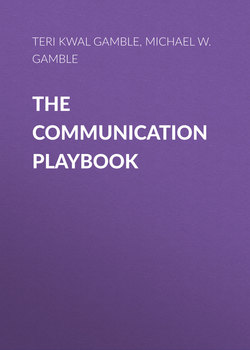Читать книгу The Communication Playbook - Teri Kwal Gamble - Страница 210
На сайте Литреса книга снята с продажи.
Profanity in the Workplace
ОглавлениеProfanity has also sought a home in the workplace. A female employee of a major construction company felt compelled to complain to the director of human resources about the cursing used in the company’s facilities. The company responded by publishing “A Language Code of Ethics.” It defined inappropriate language as “unwanted deliberate, repeated, unsolicited profanity, cussing, swearing, vulgar, insulting, abusive or crude language. The company is now a cuss-free workplace and workers who violate the policy can be disciplined.”64
Profanity has become common, especially in high-stress jobs. Some policies differentiate between “casual” and “causal” swearing. Casual swearing is bad language we use for the fun of it, because we are too lazy to use other words when we think we can get away with it. Causal swearing is profanity produced by the inability to control an aroused emotion, such as anger, frustration, or impatience.65
Why are we so comfortable using profanity? Might it be because profanity and speech that degrades have become so much a part of our mediated language landscape, used in virtually every crime-adventure television, cable program, or film? Commonplace profanities now function as fillers—they slide off the tongue much as the words you know and like.
